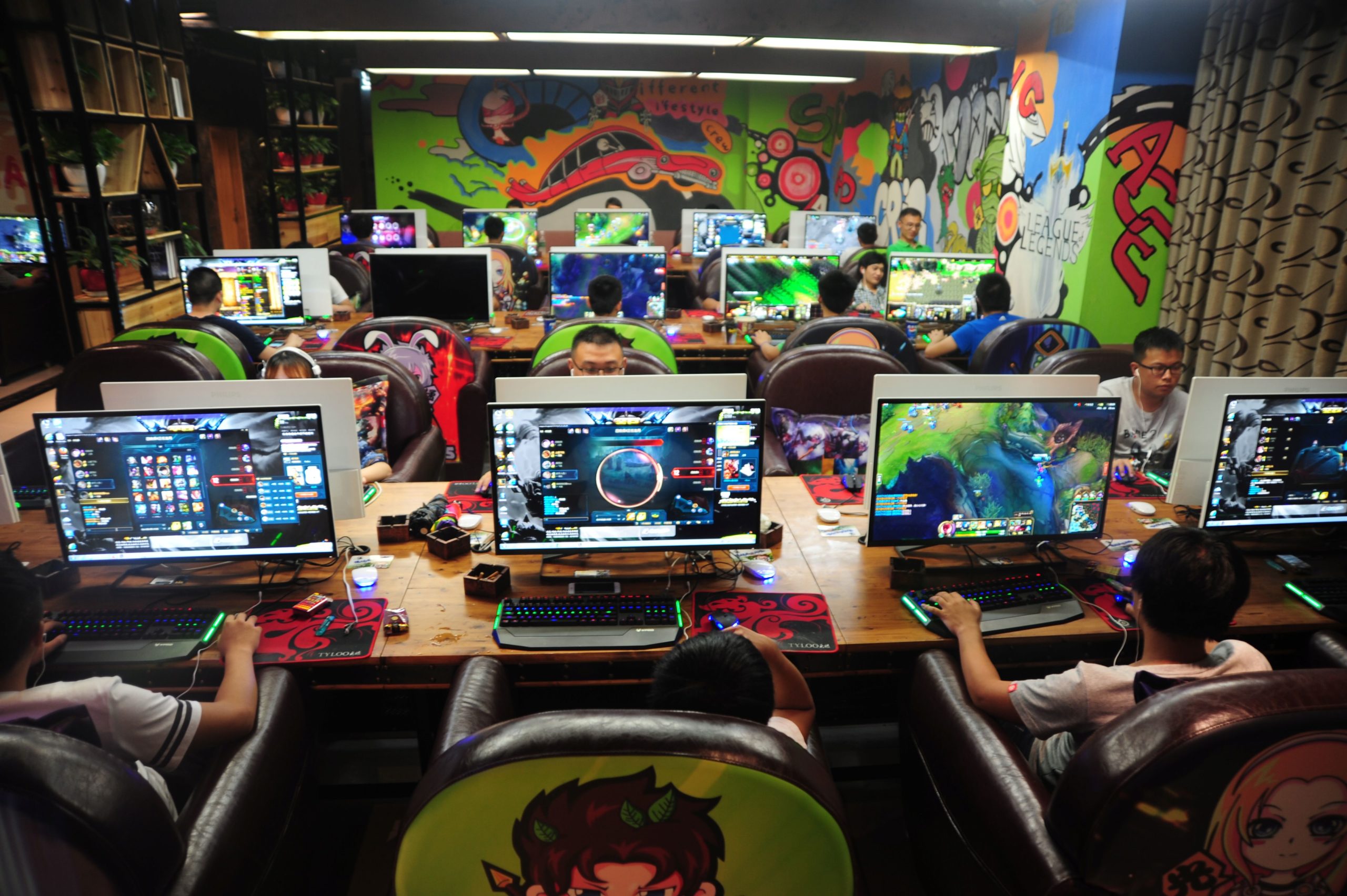After video game ban, Chinese kids turn to Douyin and livestreaming gamers
The Chinese government has restricted under 18s to only three hours of video games per week, and gaming companies are enforcing the rules. So instead of playing games, kids are watching other people play them.

When China announced in August that it would ban people under 18 from playing video games for more than three hours a week, many observers wondered how minors in the country would cope with the regulation.
We have the answer now: Chinese children and teens are doing just fine — thanks to Douyin, Kuaishou, and other platforms where they can watch people livestream their gameplay!
To find out how Chinese children spent the past National Day holiday, which lasted from October 1 through October 7 and was the first long holiday since the video game limit was put in place, the Southern Metropolis Daily talked to (in Chinese) a group of parents, asking them if the new rule had made a positive impact on their kids. While all the adults spoke in favor of the ban, with one person saying that it allowed his son to participate in more outdoor activities, some of them expressed frustration that their children had discovered new obsessions, and they were not necessarily any better than video games from a parent’s point of view.
A mother of a 16-year-old teen said that although gaming occupied less space in her son’s mind, he got hooked on short-video platforms instead, spending hours a day browsing clips and creating content himself. Echoing her concerns, a father told the newspaper that to satisfy his gaming needs, his son had become obsessed with watching others playing video games on streaming services.
In an effort to curb video game addiction among schoolchildren, China’s National Press and Publication Administration introduced its strictest-ever regulations to limit gaming time for minors in the summer. Under the new rules, which went into effect on September 1, players under the age of 18 are barred from online gaming on weekdays, and limited to one hour a day, between 8 and 9 p.m., on weekend and holiday evenings.
In response to the mandates, Chinese gaming companies implemented new policies such as requiring players to register and log in with their real names and identities, which allows the platforms to limit gaming time according to age.
China news, weekly.
Sign up for The China Project’s weekly newsletter, our free roundup of the most important China stories.
But where there’s a will, there’s a way. Soon after the gaming restrictions were introduced, accounts for rent started appearing on ecommerce sites. By paying as little as 33 yuan ($5), under-18s could borrow gaming accounts from adult vendors for two hours of use. Although Tencent sued over 20 ecommerce sites and account trading platforms for allowing the practice in September, the Southern Metropolis Daily noted that such services were still available and easily accessible to minors.
Under threat of government action, video platforms have also added restrictions for under 18 users. Douyin, the Chinese version of Tiktok, added a “teenager mode” last month which limits users aged 14 and below to 40 minutes on its platform every day. But this appears to be very easy to get around.
Policing teenagers and the companies that profit off them
In order to actively shape the next generation of Chinese people and change their relationship with technology and entertainment, the central government has rolled out a slew of policies this year, including restrictions on pop idol worship and fan clubs, amid growing concerns among officials that the celebrity culture was “adversely affecting the physical and mental health of minors.” There has also been an ongoing clampdown on the country’s booming after-school tutoring industry, which was once described by President Xi as a “stubborn malady” that made minors’ lives miserable.
All of these policies have been met with criticism about the government’s attempts to regulate people’s private lives, but the feedback on gaming and entertainment restrictions from Chinese parents has been largely positive. In fact, many have been calling for more regulations on things that they think are harmful to their children: Last month, following a survey where hundreds of parents in Jiangsu were asked about childrens’ cartoons, several major Chinese streaming services removed Japanese cartoon Ultraman from their platforms, for reasons believed to be related to the series’ bad reputation among the parents.
Now, in light of the article by the Southern Metropolis Daily, some internet users worried that the frequent mention of short-video platforms as a main concern by some parents might lead to further, unwelcome government intervention. “Instead of telling parents to be better at their roles, the government keeps banning stuff. Why do we have to let go of things we enjoy for the sake of some children who we have no responsibility for?” a Weibo user wrote (in Chinese). Others directed their ire at parents, asking them to stop finding scapegoats for their children’s problems. “These parents are giant babies. All they do is whine,” another person commented.






